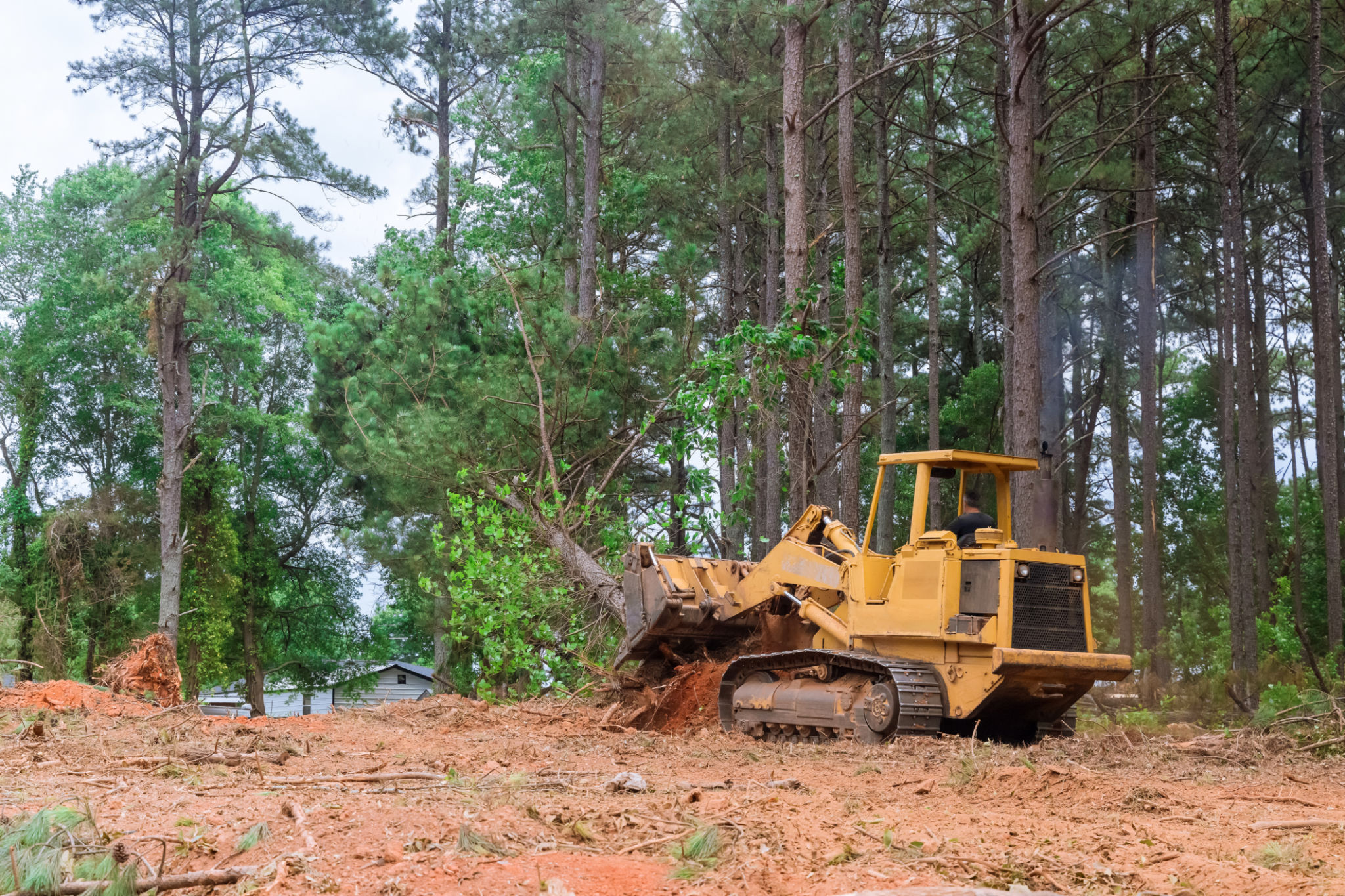Investing in Land vs. Flipping a House: What You Need to Know
Understanding Land Investment
Investing in land can be a smart move. Land is a finite resource, and its value often increases over time. People who invest in land look for areas with growth potential. This can include regions near expanding cities or upcoming infrastructure projects.
When you buy land, you avoid the complications of property maintenance. There are no tenants to manage or repairs to make. This can make land a more straightforward investment compared to real estate properties.

Pros of Land Investment
There are pros to investing in land:
- Low Maintenance: Land does not require upkeep.
- Appreciation: Land can increase in value over time.
- Flexibility: You can choose to develop the land or sell it as is.
Cons of Land Investment
However, land investment also has its downsides:
- Slow Returns: It may take time for the land to appreciate.
- Market Risk: The value of land can fluctuate with market conditions.
- Initial Costs: Buying land can require a significant upfront investment.
Exploring House Flipping
Flipping a house involves buying a property, renovating it, and selling it for a profit. This strategy can yield quick returns if done correctly. People who flip houses need to understand the real estate market and renovation costs.
Successful house flippers often have a team of professionals. This includes contractors, real estate agents, and inspectors. They work together to ensure the project stays on budget and schedule.

Both strategies have the potential for profit, but they require different approaches and expertise.